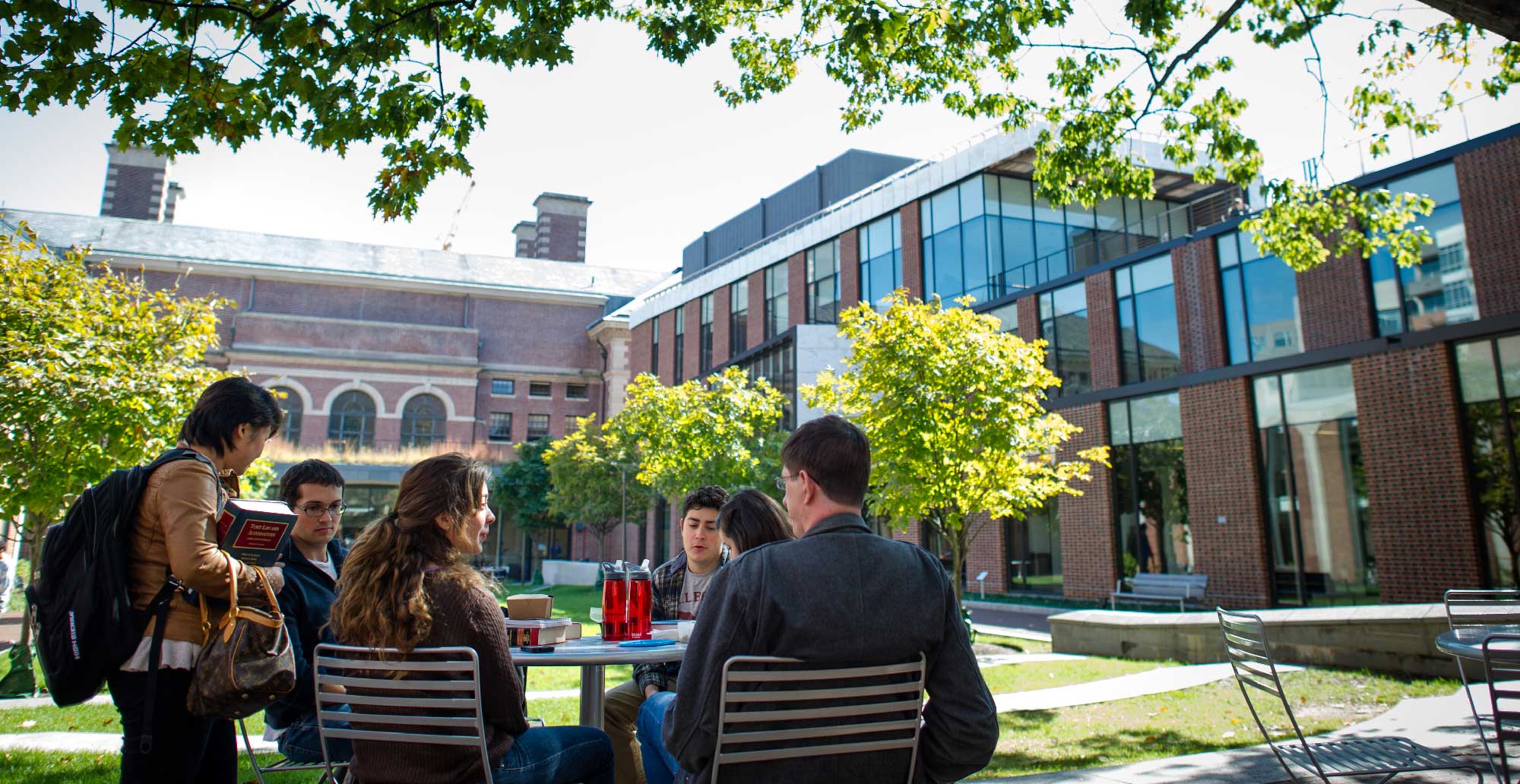Penn Carey Law LLM Program 2024-2025
and broaden your horizons
with a
Penn Carey Law LLM


Academic excellence.
The Penn Carey Law LLM degree program is a rigorous, full-time academic program for lawyers trained outside the United States. Our customizable curriculum, extensive course offerings, and renowned faculty allow you to focus on a specific legal area or to explore new interests. You can also choose from two concentrations: Intellectual Property and Technology Law or Energy, Security, and Human Rights.


Wharton Business and Law Certificate (WBLC)

Accelerate Your Success

Enrich Your Education
Pro Bono and Experiential Opportunities

Office of Career Strategy (OCS)

Admissions and Financing Your Education
Merit scholarships are available to select students. Most students fund their LLM program with a combination of loans, savings, and scholarships. Explore outside funding as soon as possible.

Thriving in Philadelphia
LLM students choose from a wide range of affordable off-campus housing, from historic houses to modern high-rise apartments, within a short walk or transit ride from the Law School.
Award-winning restaurants, a rich arts community, designer boutiques, and cultural diversity make Philadelphia worth exploring; you can enjoy outdoor recreation in every season thanks to the city’s mild winters, park system 10 times the size of Central Park, and over 120 miles of riverside trails.
Philadelphia is a place you can make your own.
